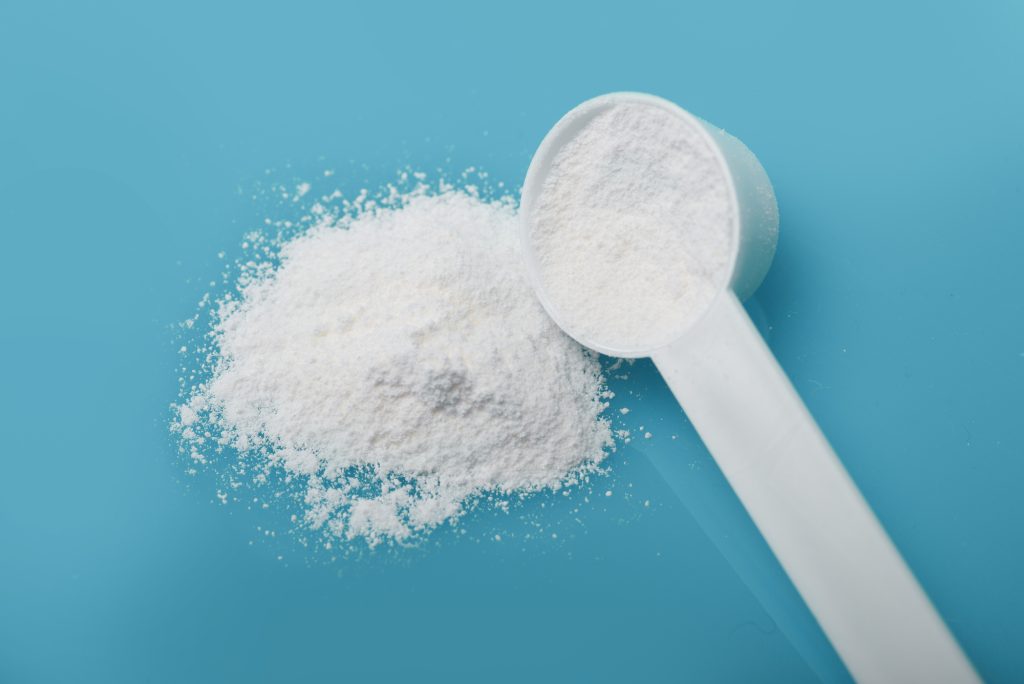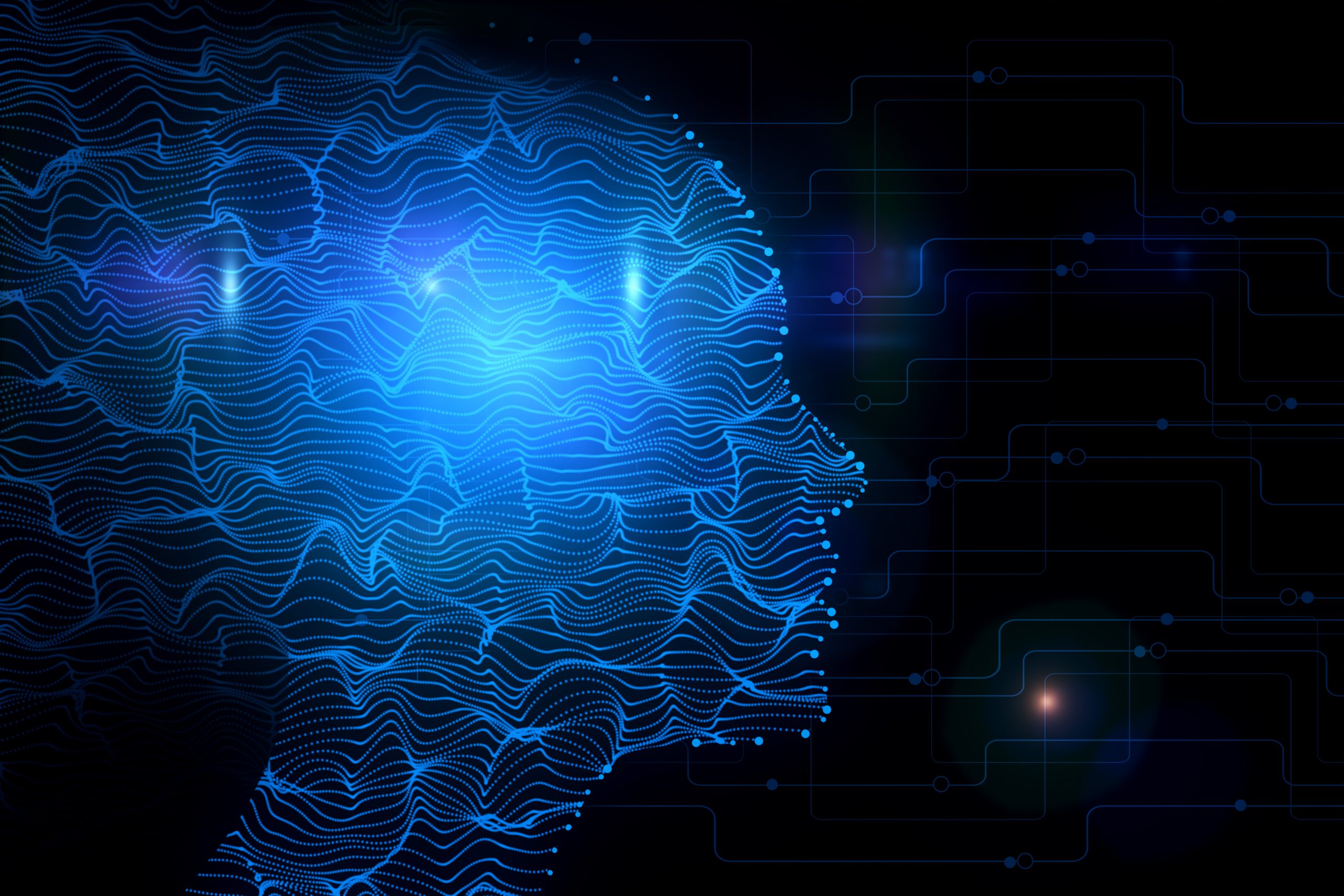Feeling mentally sluggish? You’re not alone. Many of us have experienced periods of mental fatigue, also known as brain fog. This feeling can often be accompanied by difficulty concentrating, memory issues and reduced motivation – all of which can be distracting and even debilitating.
Fortunately, there is a potential solution: creatine. Creatine is a natural substance produced in the body that can help to improve cognitive performance and fight fatigue. It’s used by athletes to build strength and endurance, but it’s now being studied for its possible benefits in improving mental performance.
In this article, we explore the science behind creatine and brain fog and what research has found out about its potential to help improve mental functioning. We’ll also cover how creatine might work to help those suffering from brain fog to feel more alert, energized, and motivated.
What Is Brain Fog?
Brain fog is a term used to describe the mental fatigue and lack of clarity that prevents you from performing at your peak. It’s like a cloud that hangs over you, preventing you from being productive, creative, and motivated. Symptoms of brain fog can include forgetfulness, difficulty concentrating and focusing, and an overall lack of mental clarity. It often occurs in conjunction with stress or fatigue, but it can occur even when you are well-rested.
The causes of brain fog can vary from person to person, but they often stem from some form of physical or mental exhaustion—physical exertion such as strenuous exercise or prolonged work hours without rest; psychological distress such as anxiety or depression; poor diet; dehydration; or lack of sleep. These situations lead to an increase in hormones like cortisol and adrenaline, which may interfere with your ability to concentrate and focus.
Causes of Brain Fog
Brain fog is a mental state characterized by difficulty focusing, lack of mental clarity, and difficulty remembering things. It can happen to anyone, but it’s more common in people with conditions like chronic fatigue syndrome and fibromyalgia.
Common causes of brain fog include:
- Sleep deprivation or an irregular sleep schedule
- Dehydration
- Hormonal imbalances
- Vitamin B12 deficiency
- Stress or anxiety
- Certain medications or supplements
- Nutritional deficiencies (especially in Omega 3 fatty acids)
- Conditions such as hypothyroidism, diabetes, or depression
While these are some of the more commonly known causes of brain fog, research has found that one particular supplement may help alleviate the symptoms associated with it: creatine.

Can Creatine Help With Brain Fog?
We all know that creatine is great for improving our physical performance, but did you know that it can also help with mental performance? Studies have shown that creatine can help improve cognitive abilities, such as focus and concentration, as well as reduce fatigue. But what about its ability to help with brain fog? Can creatine really help make you feel sharper and more alert?
The answer is a resounding yes! Creatine has been proven to increase the brain’s energy levels and improve mental clarity. It does this by providing the brain with an extra supply of ATP (adenosine triphosphate). ATP is the body’s energy currency and plays a key role in cell metabolism and overall energy regulation. This extra ATP can help increase cellular energy production resulting in improved concentration, focus and mood.
Not only that, but creatine has also been shown to reduce inflammation in the brain, which can be a contributing factor to mental fog. By reducing inflammation in the brain, your cognitive abilities will be enhanced allowing you to perform better mentally. So if you’re looking for an effective way to boost your mental performance and sharpen your thinking skills then look no further than creatine!

Research on Creatine’s Effect on Mental Performance
Research on the effects of creatine on mental performance has been encouraging. Studies have revealed that taking creatine daily can increase cognitive performance in those who are mentally fatigued. It has been found to enhance recall, reaction times and problem-solving skills, while also improving memory.
Furthermore, research has suggested that creatine supplementation may be a helpful strategy for neuroprotection, helping to protect against age-related cognitive decline and neurological disorders such as Parkinson’s and Alzheimer’s disease. Creatine is also thought to reduce oxidative damage in the brain, which can lead to cell death and impair cognitive functioning.
Creatine may even be useful for those suffering from symptoms of depression or low mood: one study found that taking just three grams of creatine over a span of six weeks improved the moods of study participants with mild depression symptoms.
Overall, research into creatine’s effects on mental performance is increasing—and so far it looks promising!
The Difference Between Creatine Supplements and Food Sources
It’s no secret that creatine is found naturally in certain foods – especially those of animal origin. But while the bulk of research looks at the benefits of supplementing with pure creatine, the effects may differ when it comes to food sources.
Bioavailability
Creatine is not easily digested or absorbed in our bodies. The bioavailability of dietary creatine can be as low as 5-10%. This means that we don’t get all the potential benefits from eating food containing creatine.
Absorption Speed
Creatine supplements are specially prepared to absorb quickly and completely in our bodies, bypassing digestion and allowing for higher levels of absorption. With food sources, however, absorption speed can vary greatly depending on an individual’s own digestive rate, what else they eat alongside it and other factors.
Quality Guarantee
Finally, with a supplement like creatine you can be sure of its potency and purity – something you can’t guarantee with a food source. Many forms of processed foods have additives that might interfere with optimal absorption, so if you’re looking for a reliable way to boost your mental performance supplementation may be the way to go.
Creatine Dosage For Brain Fog
There is some conflicting evidence on the amount of creatine you should take in order to reduce brain fog. Studies have shown that supplementing with 5 grams per day seems to be the most beneficial, however there are also studies recommending 2.5 or 3 grams daily as well.

If you’re looking to supplement for brain fog, it would be wise to start with a dose of 3 grams per day and work your way up, if necessary. Make sure to use a pure form of creatine monohydrate as other forms may not be as effective. I prefer micronized creatine monohydrate because it is easy to mix and works well. Studies have also linked higher dosages of creatine to improved cognitive performance, although this is still inconclusive, so it’s best to stick with a dose that works best for you and your brain fog symptoms.
Conclusion
In conclusion, it is clear that creatine has the potential to help combat brain fog and improve overall mental performance. However, further research is needed to fully understand the mechanisms behind creatine’s brain-boosting effects, as well as its safety and effectiveness for long-term use. As always, it’s best to talk to a doctor prior to adding any new supplements to your routine, and to follow dosing instructions carefully.
Brain fog can be debilitating and can interfere with everyday life. While more research is needed to confirm the efficacy of creatine for this purpose, it is encouraging to know that there are potential supplements out there that may be able to help alleviate this issue. Taking the right steps to maintain brain health may be the key to an increased well-being and improved productivity.


